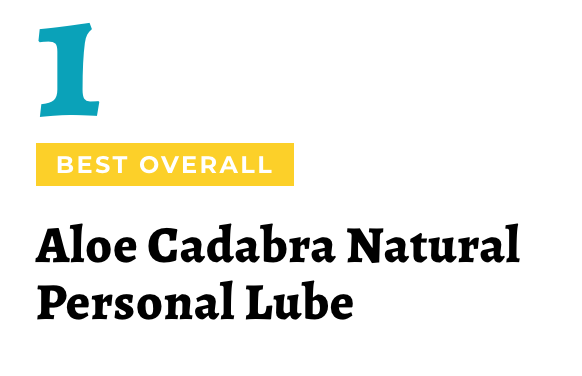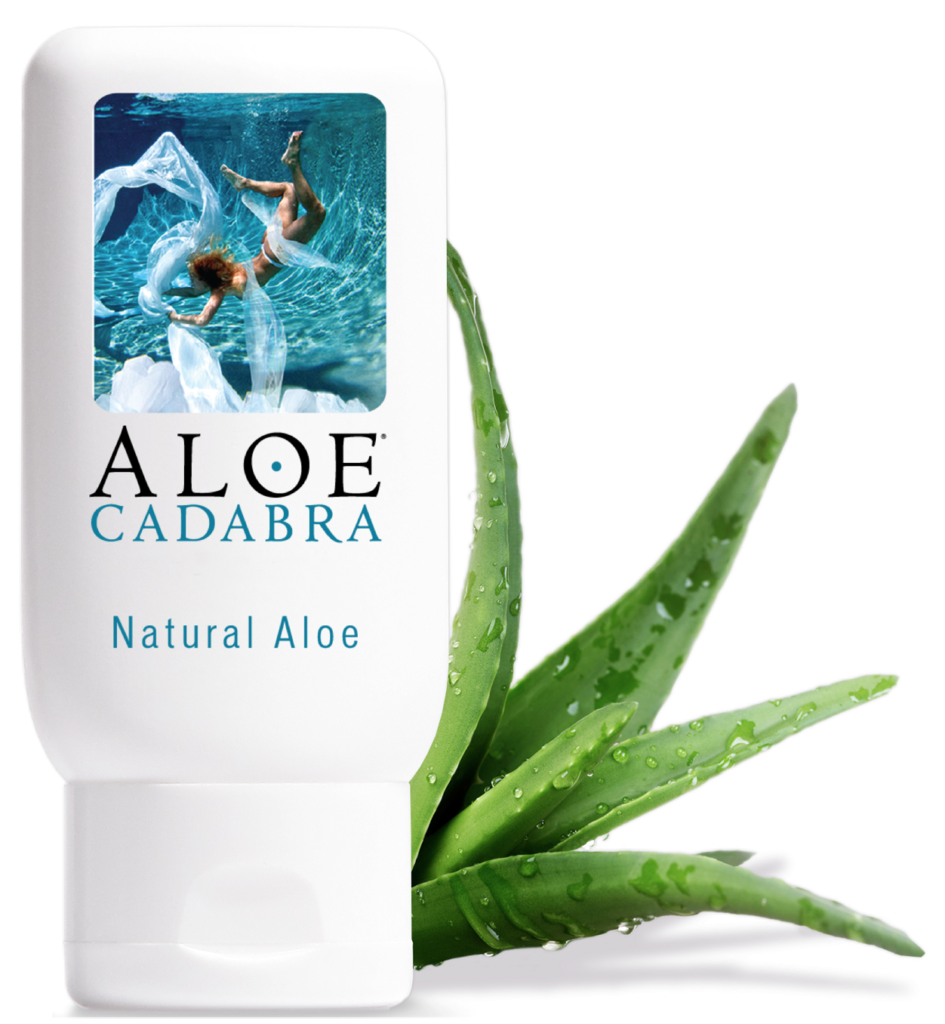
16 Best Natural Lubricants That Won’t Irritate Your Vagina, According to Gynecologists
FroFrom coconut oil to OTC brands, these lubes are guaranteed to be gentle on sensitive skin.
Article from Prevention Magazine
By Cassie Shortsleeve Nov 18, 2021

If you’ve switched over to natural deodorant, you might want to replace your personal lubricant with a natural option while you’re at it. After all, the last thing you want to worry about while getting intimate with a partner or solo is irritation. The good news is, there are plenty of natural lubricants on the market to try.
But reaching for any random organic or plant-based lube isn’t the solution, either. “I actually caution people against things that report to be manufactured as ‘natural’ because something being organic or Certain products out there are unscented, organic, flavor-free, and designed with sensitive skin in mind—and there’s good reason to use them. These are often associated with “natural” products, though the term itself isn’t necessarily regulated across the industry. Companies can choose what exactly “natural” means to them, so check the label for specifics if you’re looking to avoid certain ingredients.
Natural lube can make sex much more comfortable and enjoyable, especially during and after menopause when a lack of estrogen can cause uncomfortable dryness (or if you’re on hormonal contraceptives like birth control pills, which can also dry you out). Don’t know where to start? Here’s everything you need to know about buying the best natural lubricant for you and your body.
How to choose the best natural lubricant for your vagina
Don’t fall for packaging. “I actually caution people against things that report to be manufactured as ‘natural’ because something being organic or natural doesn’t mean that it is hypoallergenic or unscented,” says Kari Braaten, M.D., M.P.H., an OB/GYN at Brigham and Women’s Hospital in Boston. “Just because something has ingredients in it that are plant-based, or non-synthetic, doesn’t mean that they are non-irritating to your skin.”
Simple is best: “I generally recommend against lubricants that are scented or claim to create a sensation,” says Dr. Braaten. “Those can be very irritating and can cause rashes and allergic reactions.”
Opt for a water-based lube: If you plan to use a condom, go for water-based lubricants (which are generally non-irritating) instead of oils. “Oil-based lubricants can degrade latex, causing small holes and making them less effective at preventing pregnancy and STIs,” says Dr. Braaten. There are also silicone-based lubes, which can be a bit more irritating and don’t work well with silicone sex toys.
Be aware of other irritants: In addition to flavors and fragrances, there are a variety of add-ins to steer clear of if you prefer a natural formula, including glycerin, propylene glycol, and petroleum-based ingredients, which may cause irritation, alter the pH of your vagina, and increase your risk of yeast infections or bacterial vaginosis. Certain preservatives, like parabens, are also pretty controversial, since some research shows “they have been shown to disrupt hormone function in the body and act like estrogen,” says women’s health expert Jennifer Wider, M.D. (The Food and Drug Administration says the investigation into these claims is ongoing, though.)
Now that you know what kind of natural lubricant to look for, check out the options below–they’re good enough for OB/GYNs..
Click Here to Read Full Article


With antibacterial properties and no oil to break down the integrity of a condom, your go-to sunburn remedy doubles as a natural With antibacterial properties and no oil to break down the integrity of a condom, your go-to sunburn remedy doubles as a natural form of lube, says Dr. Wider. As with any lube, you just want to avoid perfumes or additives (check the ingredient list to make sure it’s almost 100% aloe vera). With aloe vera, the only way to get 100% is to harvest the plant yourself—but this product gets pretty darn close with 95% organic aloe vera, vitamin E oil, and a few necessary preservatives.

